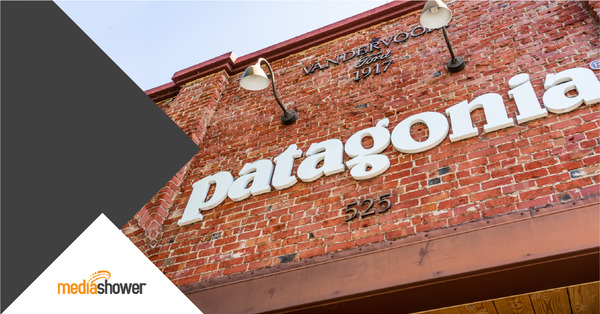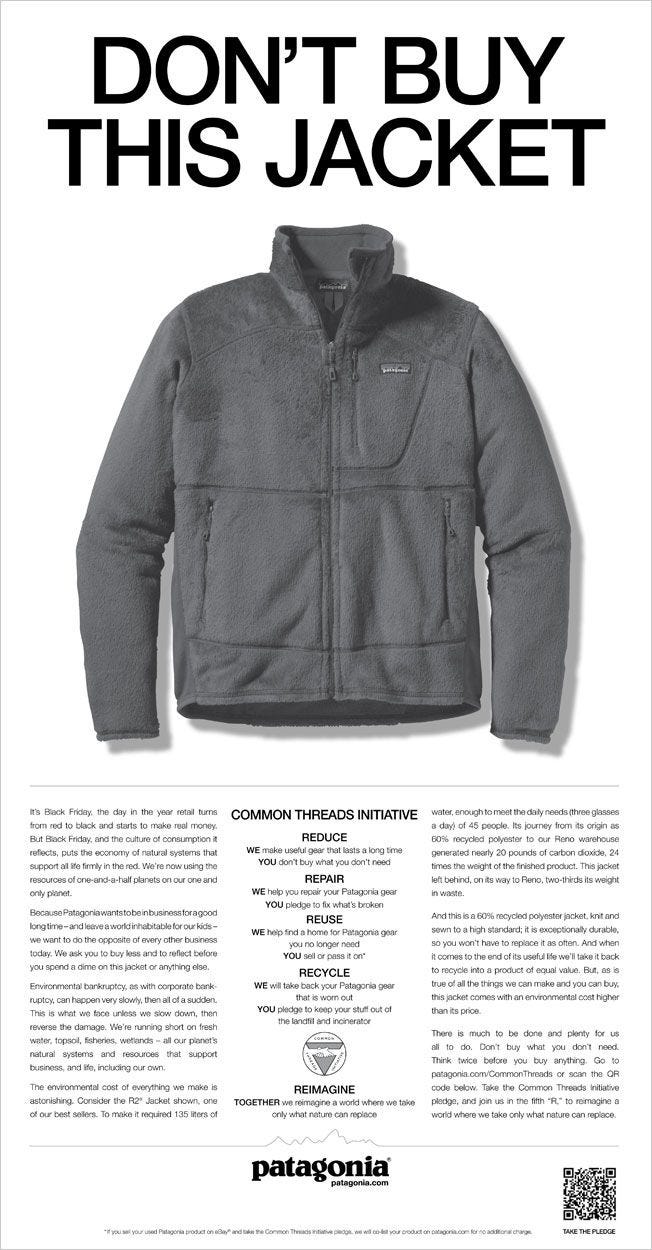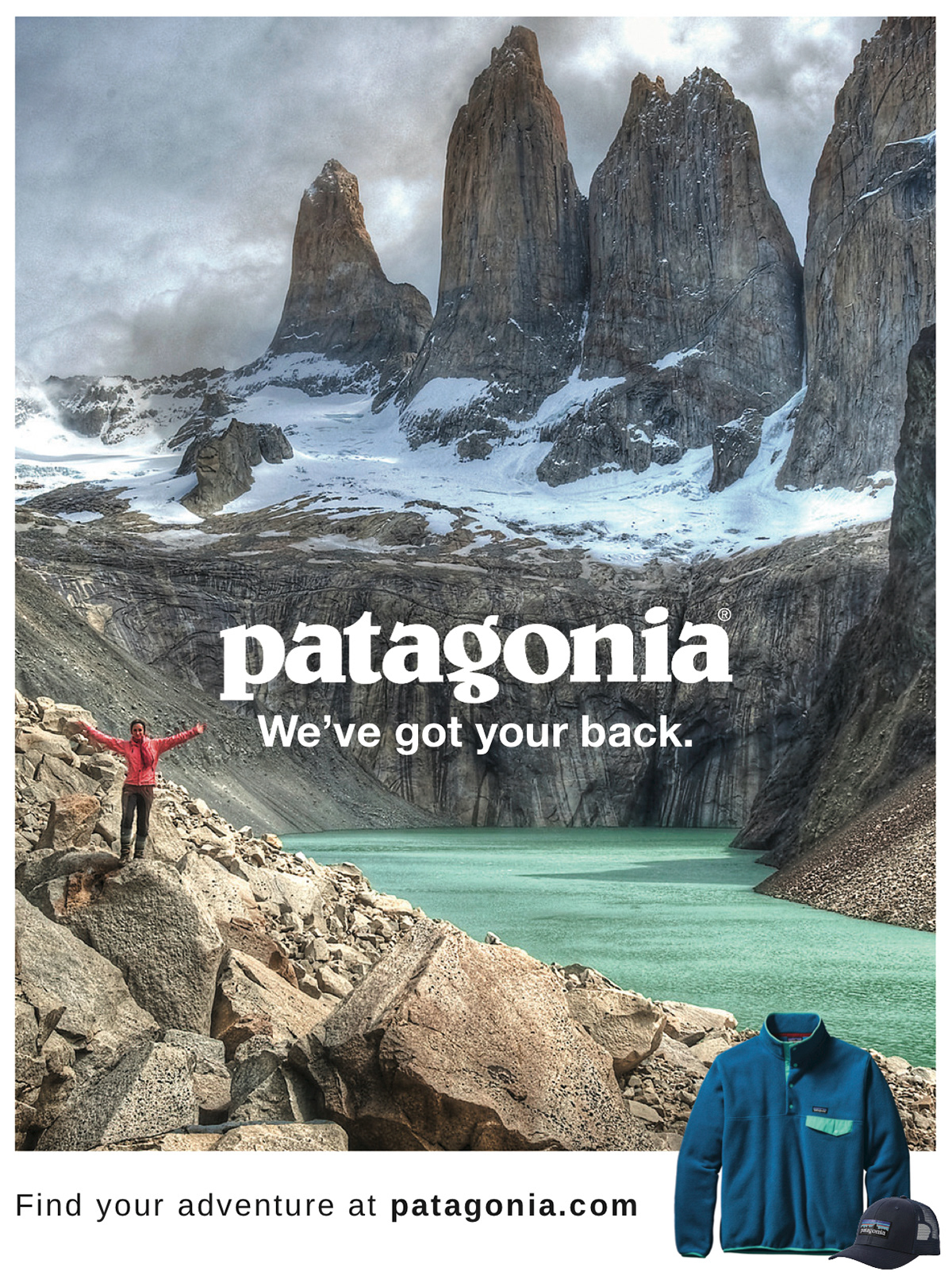
TLDR: Patagonia is a brand with a purpose. Their commitment to sustainability and quality makes a product that practically sells itself.
So what? Patagonia shows how the meaning of a product can help market it. Having a passionate cause built into your product attracts and maintains a loyal customer base.
Patagonia’s rise
In 1957, a 19-year-old mountain climber named Yvon Chouinard started making homemade metal pitons to aid in climbing. He soon started selling them out of the back of his car. Now, more than a half-century later, Yvon’s business has grown into a billion-dollar athletic clothing empire.
Patagonia has always maintained its core values of sustainability and high-quality craftsmanship. This has given the brand a valuable pro-environmental aura, which appeals to its outdoorsy customer base.
Patagonia hardly needs a strategy for building sustainable customers. They have a meaningful purpose and a valuable product. Without having to do much extra marketing, they create loyal customers out of sheer value. These are some of the reasons why Patagonia’s efforts succeed:
1) Commitment to a cause
Customers are not mindless consumers, bound by the whims of their desires. Customers are real human beings who have a genuine interest in making the world around them a better place. Displaying commitment to a worthy cause helps signal that a corporation is more than just a money-making machine.
A commitment to environmental sustainability is baked into Patagonia’s core values. It informs everything they do:
- Making products from durable, often recycled materials.
- Donating some of their revenue to environmental causes.
- Using solar energy in their company headquarters.
- Helping found the Sustainable Apparel Coalition.
Companies like Patagonia need a commitment to the environment. Their customers are people who spend their time outdoors, like hikers and mountaineers. A degraded environment would mean fewer customers. By aligning their cause with their needs, Patagonia creates a force for long-term stability.
2) Quality first manufacturing
Many companies practice planned obsolescence, the practice of making their own products to degrade over time. This makes consumers come back to buy again.
Not Patagonia. Patagonia creates its products with care so that they will last for years or even decades. The company is willing to sacrifice the potential extra earnings from returning customers in exchange for its integrity.
This approach might look like a loss of money on paper, but the quality of their products is actually a major selling point. Consumers want to know that their clothes will last a long time. Many are willing to pay a little extra for quality because they know it will pay off years down the road.
Patagonia offers its Ironclad Guarantee on all of its products. This means they will repair or replace any damaged products. The little logo serves as an identifier, marking their clothing as unique from competitors. Even if customers don’t always make use of the guarantee, it still adds value.
Used products get recycled into new ones. Patagonia actively encourages customers to recycle their Patagonia clothing. Since 2017, they have offered credits for used Patagonia clothing, which they then sell as part of their “Worn Wear” program.
3) Soft Advertising
Instead of getting in your face and trying to convince you to buy, Patagonia gently informs the public of their products. In one case, Patagonia actively tried to convince customers not to buy:

Here, Patagonia cleverly signals its commitment to sustainability. In a classic case of reverse psychology, this turned out to actually increase revenue by about 30%.
Patagonia’s other ads are simple and non-intrusive. They rely on visuals to cement the public association between Patagonia and the outdoors:

Patagonia also produces high-quality content to spread its message on environmental issues. Videos like the one below serve to connect Patagonia to a higher purpose. They are a case of indirect advertising when a brand advertises the cause they support instead of its own products.
4) Brand Recognition
Patagonia products are instantly recognizable, in spite, or perhaps because of their simplicity. They are made from simple materials with few material embellishments except a lone Patagonia logo.
People see Patagonia products as the ideal for outdoor sports because outdoor athletes wear them. And those athletes wear Patagonia products because they are durable, useful, and sustainable. Ultimately, Patagonia’s brand recognition comes from the value of its product.
How You Can Engage Customers Like Patagonia
To be an engaging brand like Patagonia, your business needs two things:
- A meaningful purpose
- High-quality products
Your business must look like more than a cold money-making machine. You have to signal your commitment to a meaningful cause that impacts many people for the better.
You don’t necessarily need to have an environmental focus like Patagonia. If your business is in a completely different industry, then that might not be a good idea anyway.
What matters is that the cause your business advocates for is wholly aligned with the goals of your business. Sustainability is important to Patagonia because they sell athletic equipment for outdoor use. But if they sold business suits instead, the environmental focus might come across as less believable.
If you sell a meditation app, for example, your cause could focus on mental health issues. Or, if you sell books, your cause could focus on literacy and education.
Having a meaningful purpose that aligns with your company’s goals serves two purposes:
- It signals authenticity to your customers.
- It provides momentum to your business in the long run.
Once you have decided on your brand’s cause, the other step is to make high-quality products. High-quality products attract high-quality customers, who will pay more for durability and be more likely to tell their friends.
At Media Shower, we help brands like yours build a customer engagement program that fits your needs. We understand the ins and outs of the strategies employed by companies as diverse as Patagonia, Alibaba, or KFC. This helps us to craft a unique plan for you.
To try us out, click here for a free trial.

